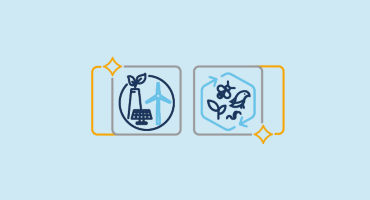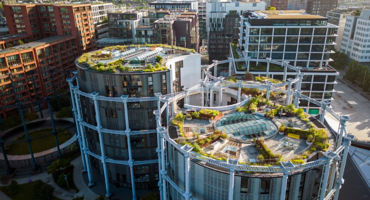Driving responsible supply chains and sourcing
We view Michelin as a stewardship leader because of its integrated strategy focused on returns and sustainability. As a premium player in a highly competitive sector, we expect it to benefit from the increasing focus on durability and the growing prominence of electric vehicles. In the meantime, we like the company’s conservative financial and operating profile and its drive to improve efficiency.
Within our Global Stewards portfolio, the company stands out within its sector for best-in-class “traceability” efforts relating to the raw materials it sources. Successful supply-chain oversight requires companies to trace their supply chain beyond Tier 1 (those suppliers with whom they have direct contractual relationships). Companies should not simply assume that each tier of suppliers will manage the oversight of the next tier down. Supply-chain visibility generally diminishes when moving beyond Tier 1 suppliers, and this is where the incidence of modern slavery is highest. Companies that can track inputs as far down the chain as possible increase the likelihood that suppliers follow codes of conduct, including those on modern slavery.
Responsible sourcing can also go a long way towards mitigating supply-chain risk, and through our stewardship dialogue, we encourage companies to address this risk consistently. For tyre makers, natural rubber typically constitutes the largest sourcing risk. Michelin goes to great lengths to farm rubber responsibly, including training 100,000 farmers annually, engaging actively to reduce deforestation and controlling the impact of rubber cultivation on local biodiversity and ecosystems. It traces its highly complex rubber value chain using a mobile application that aggregates stakeholder information about their practices. So far, the company has already gathered information from over 42,000 rubber-tree farmers on issues including working conditions and child labour practices. Its aim is to map 80% of natural rubber volumes by the end of this year. This visibility is crucial to Michelin’s ability to manage its inputs and take action to ensure enhanced resilience.
















